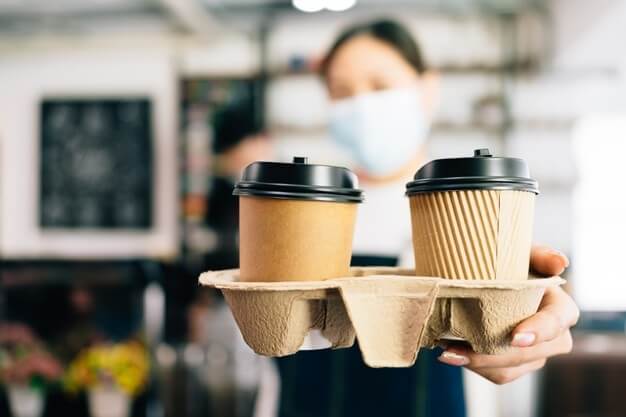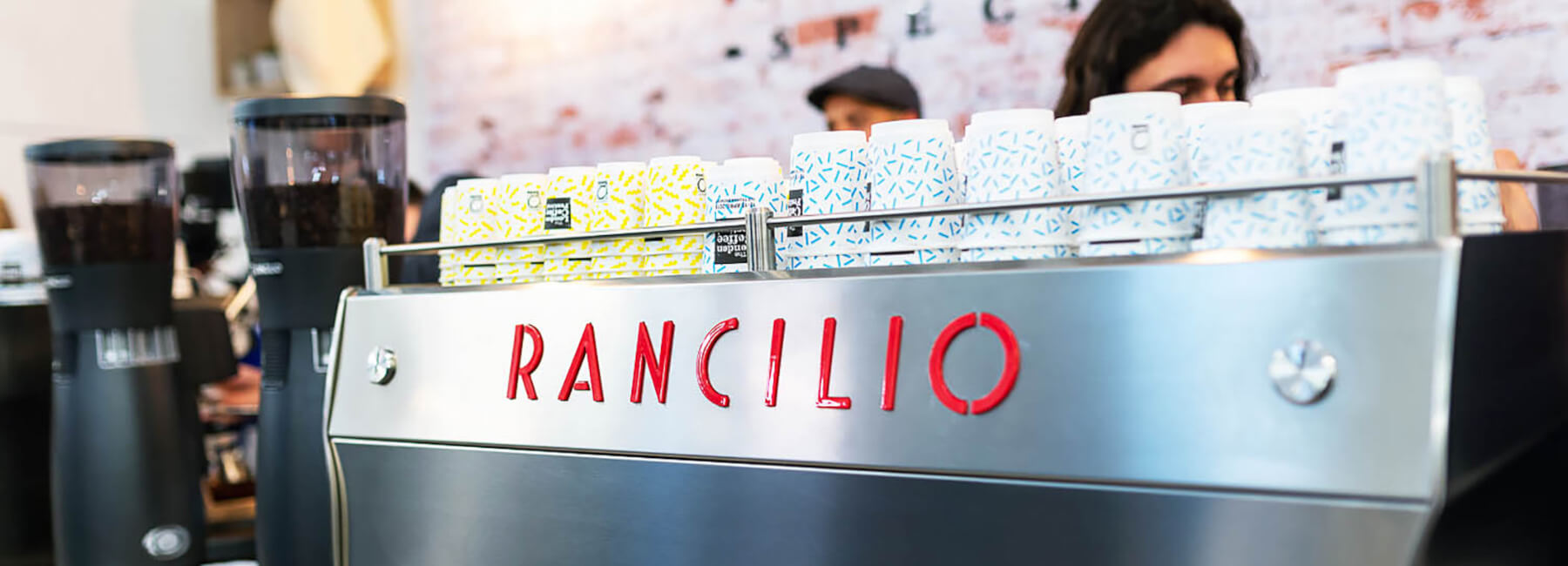
Are you serving your coffee with a side of microplastics?
A recent study has found that using non-biodegradable coffee cups with a plastic lining, could be very bad for our health, as micro-plastics are released into the drink within just minutes.
Disposable paper cups are made of 90–95% paper, and the remaining 5–10% is a hydrophobic plastic film. Mostly, the interior layer is made of Polyethylene (PE).
Researchers poured hot water into 100ml paper cups and left them left for 15 minutes. This is the time, according to surveys, that most people prefer to take to finish their drink.
When the researchers checked the hot water under a powerful microscope, they found an average of 25,000 microplastics per cup.

Study lead author Dr Sudha Goel explains: “In the 15 minutes it takes for coffee or tea to be consumed, the microplastic layer on the cup degrades. It releases 25,000 micron-sized particles into the hot beverage.
“Microplastics act as carriers for contaminants like ions, toxic heavy metals such as palladium, chromium and cadmium, as well as organic compounds that are hydrophobic,” explains Goel, “when ingested regularly over time, the health implications could be serious.”
Apart from the environmental costs of using disposable coffee cups, this is yet another reason to switch to reusable or compostable cups, which have plant-based linings.

At Verde Coffee we are making the move to compostable cups, our new cups are lined with plant-based Polylactic Acid (PLA), which is a fully biodegradable material, ensuring these cups are fully compostable and an environmentally friendly alternative to the conventional PE lined cups.
Check out our new range here


